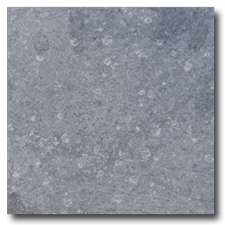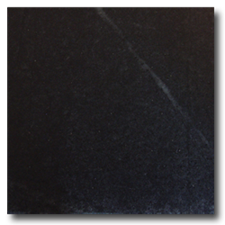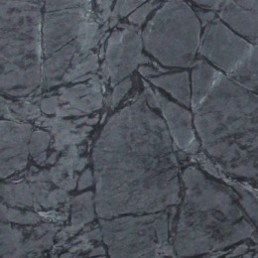Soapstone
Soapstone (staetite) is a naturally occurring metamorphic rock made up of mineral deposits created by nature and quarried from the earth. The main mineral components in soapstone include talc, chlorite, dolomite, and magnesite, giving a warm, soft feeling to the touch. When cut, it oxidizes from light grey to dark charcoal in color. A light coat of mineral oil or soapstone wax makes its color and subtle flowing veins even more dramatic.
Durability
Practically indestructible, soapstone is an excellent alternative natural stone to use in place of granite or marble. Soapstone is naturally antibacterial, will not burn or stain and requires very little maintenance. Acids and alkalis will not etch soapstone as they will other stones. Soapstone has been a part of American homes since the early 1800’s; many homes today still contain working soapstone sinks and wood stoves built over 100 years ago!
Soapstone is a perfect choice for countertops, backsplashes, and islands.
Its durable and dense surface possesses all the beauty of granite or marble with none of the drawbacks. Acidic food and wine won’t etch soapstone as they will other stone surfaces. Hot pots can be placed directly on the surface, and soapstone is non-porous making it naturally antibacterial.
Customers choosing soapstone should be aware that while soapstone is very dense and non-porous it is still likely that it will scratch. Soapstone is best used in a setting where the distressed look is desirable. The good news is that if you don’t like the scratches, they can be buffed out with fine grit sandpaper. It is strongly recommended to apply mineral oil or wax after the scratches are buffed. After the mineral oil or wax application, the area should be much less conspicuous or completely gone. Often what appears to be a scratch is actually the mineral oil or wax being removed from the surface. Usually, the “scratch” can be removed just by applying mineral oil to the area. Many of our customers like the patina that develops over time with their soapstone countertops. The mineral oil and wax will not rub off on your clothes or other material if wiped clean.
Care and Maintenance
There is actually no special maintenance required for soapstone. Most of our customers choose to apply mineral oil or soapstone wax to the surface of their soapstone countertops, but it is not necessary. These products are applied to the surface only to darken the stone and enhance its natural beauty. Soapstone appears naturally as a light grey, chalky looking surface (see photo to right). When mineral oil or wax is applied to the soapstone, the surface will darken to dark charcoals and black, and the veining in the soapstone will really come to life. Neither the mineral oil nor wax are sealing or protecting the soapstone, but merely darkening it.
We recommend applying a light coat of mineral oil or soapstone wax to all sinks and countertops upon installation. These products can both enhance the inherent natural veining characteristics and crystallization detail of the stone. Mineral oil can be found in any drug store and the soapstone wax can be purchased through Stone Countertop Outlet.
Versatility of finish is one of the great pluses of soapstone. Not everyone chooses to color enhance their soapstone. Some homeowners love the natural, untreated soft-gray look. Others choose to bring out the color with mineral oil or wax. Some treat it with mineral oil weekly, others monthly and some treat only when company is coming. However, when treating with mineral oil, the more often you treat after installation, the sooner you will not have to do it as often. Waxing the surface will require less applications than the mineral oil and will need to be reapplied less often to keep the stone dark.
Nothing negative will happen to your soapstone if you choose not to apply mineral oil or wax, or if you forgot to apply either of these products. Over time the stone will darken naturally on its own. You will notice the soapstone darkening quicker around the high use areas, such as the sink, stovetop, prep areas, etc. If initially, you leave your countertops in their natural state and months later you want to oil or wax them, that is fine. You do not have to commit to oiling or waxing soapstone the day it is installed.
Daily Cleaning
We recommend using mild soap and water to clear your soapstone countertops. Soapstone is dense and non-porous, it is very germ and bacteria resistant. Soapstone is a naturally clean surface. That being said, you can use any common household cleaners on your soapstone counters. You do not have to worry about using ammonia based cleaners like you would with other natural stones. Setting hot pots or pans directly on your soapstone countertops will not affect the surface. In Europe, soapstone is used primarily for the manufacturing of masonry heaters and wood burning stones. Setting hot objects on your stone will not crack, discolor or harm the stone.
Soapstone should not be sealed with traditional granite sealers.

 Soapstone before being oiled
Soapstone before being oiled
 Soapstone after being oiled
Soapstone after being oiled
 Mirasol Spyder Soapstone
Mirasol Spyder Soapstone
 Green Mountain Soapstone
Green Mountain Soapstone
